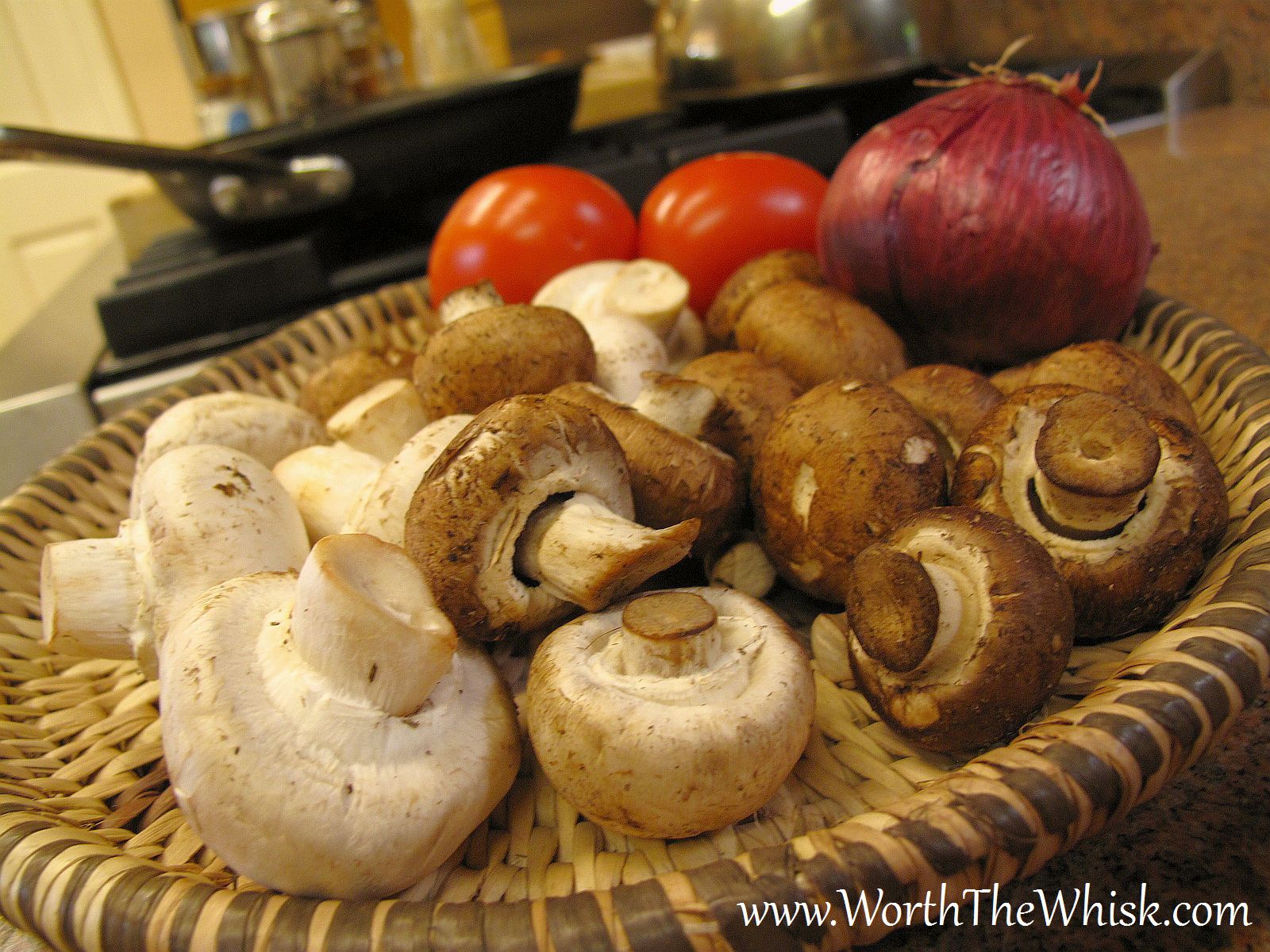by Dr. David Jockers
Natural News
Plants have had to evolve through various environmental stressors and have developed very sophisticated systems to protect them from predators and the elements. These complex systems offer humans unique survival advantages through reducing oxidative stress and improving immune system coordination. Mushrooms and onions are packed full of immune-enhancing polysaccharides and phytonutrients.
Nature provides an amazing array of resources to improve our health and boost our immunity. Mushrooms and onions are a tasty combination in a dish and contain an array of phytochemicals that have a profound impact on human physiology.
Mushrooms:
Mushrooms are a type of fungus that are enjoyed by people all over the world and renowned for their nutritional benefits. These have been used in tonics, soups, teas, prepared foods and herbal formulas to promote health and longevity. In recent years, scientists have studied the medicinal benefits of mushrooms on the immune system.
There are thousands of different types of mushrooms, with a small percentage being poisonous if consumed. Most mushrooms are edible, including white mushrooms, morels, truffles, portabellas, chanterelle, shiitake, maitake, agaricus, reishi, oyster and enoki. While all of these mushrooms have nutritional benefits, some are far denser in unique immune-stimulating compounds than others.
The most common nutrients found in the majority of mushrooms include thiamin (B1), riboflavin (B2), niacin (B3), folate (B9), phosphorus, iron, panthothenic acid (B5), zinc, potassium, copper, magnesium, pyridoxine (B6), zinc, potassium, copper and selenium. All edible mushrooms are healthy for the body, but some contain high levels of beta-glucans which are an extraordinary molecule that scientists are just beginning to understand.
Maitake mushrooms:
Maitake means “dancing mushroom” in Japanese, because people were said to dance for joy when they found these mushrooms. They were dancing because these mushrooms were worth their weight in silver for their remarkable healing properties. Maitake has been found to contain high levels of the immune-modulating molecule beta-1,6-D-glucan.(1)
Agaricus blazei Murill mushroom:
This mushroom commonly referred to as the ABM mushroom is grown in the rainforest of Brazil and is nicknamed “The Mushroom of God.” Studies have revealed that the ABM mushroom has the greatest density of beta-glucan in the world. When human subjects were given ABM in their diet, they saw a 3,000% increase in NK cells in the blood within 2-4 days.
Reishi mushroom:
Reishi is rich in beta-1,3-D-glucan, which boosts macrophages, T cells and cytokinetic activity. Reishi is especially good at increasing the production of the tumor-inhibiting cytokines IL-1and IL-2. Reishi has powerful analgesic, anti-inflammatory, anti-oxidant, anti-microbial affects in the body.
Red onion:
Red onions get their bite from the many sulfur groups they contain. These sulfur groups help produce cysteine within the body that aids in weight loss and detoxification. Additional research has shown that sulfur compounds have a strong antioxidant capacity that inhibits blood cell clumping.
Red onions are also a rich source of the flavonoid antioxidant quercetin and the polyphenol antioxidant anthocyanin. These antioxidants prevent the oxidation of dietary and cellular fatty acids. They are very powerful free radical scavengers that neutralize cancer cell growth and dramatically reduce whole body inflammation.
Simmering onions in a soup or broth will damage some of the anthocyanins but not the quercetin. The quercetin moves into the soup or broth. The lower the heat, the more nutrients will be contained in the soup or broth. Studies have shown that consuming four to seven servings of red onions each week (equivalent to about two to three onions) has been associated with the greatest benefit in reducing risk of cancer.



